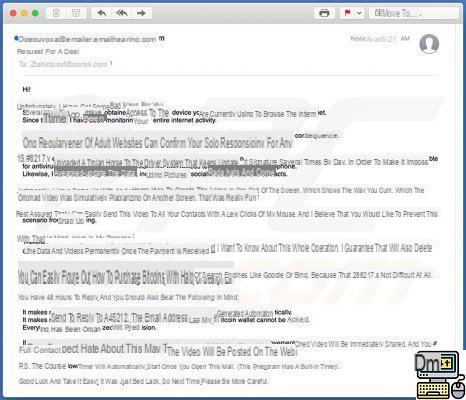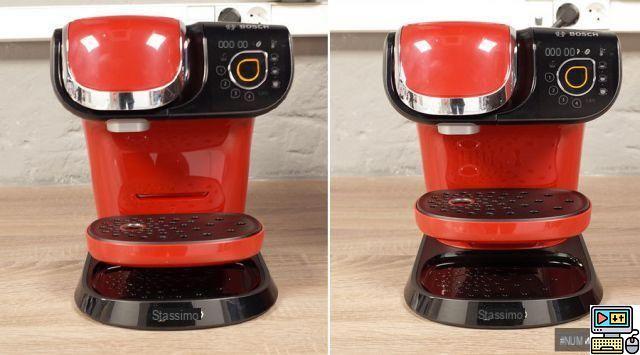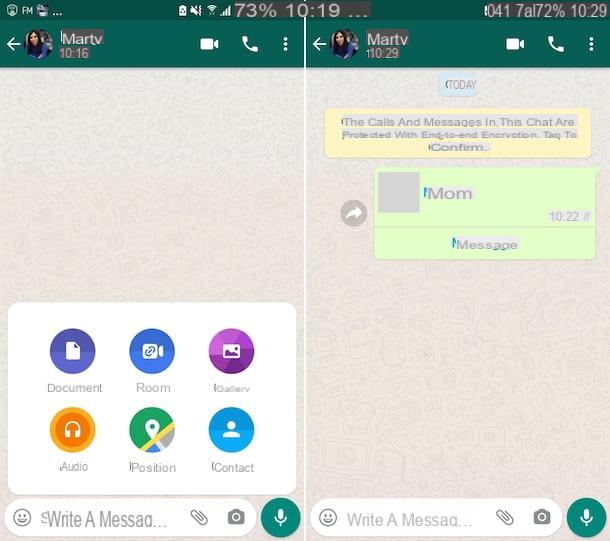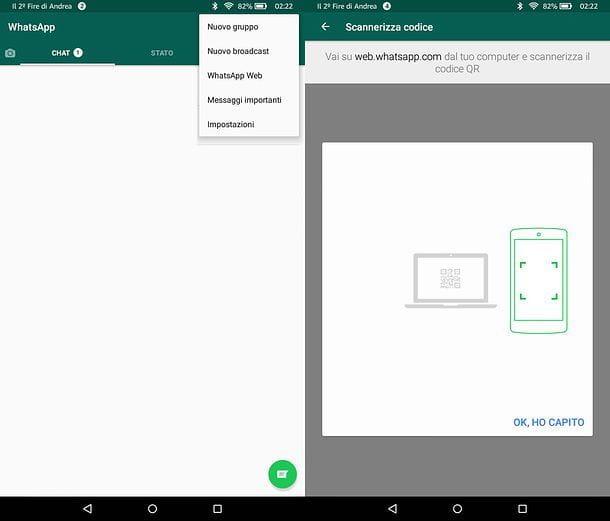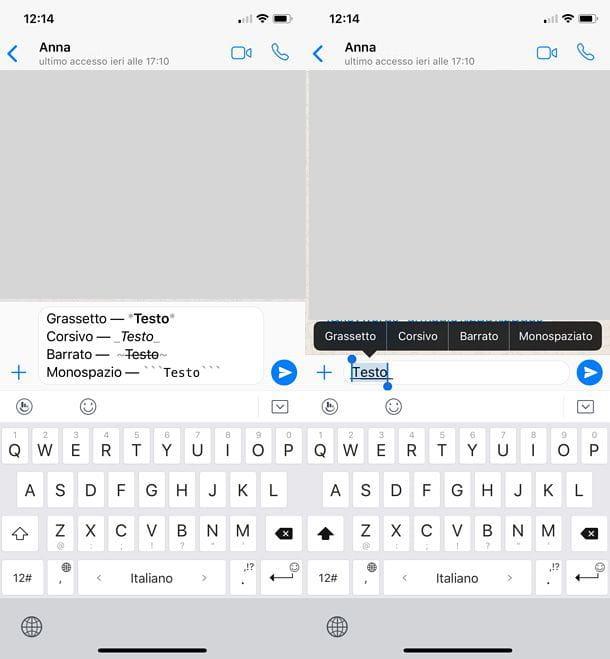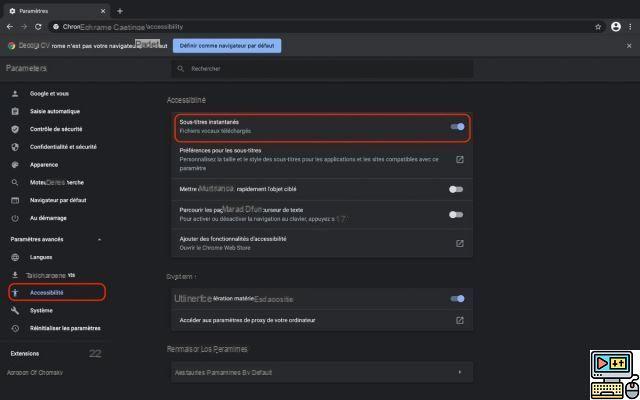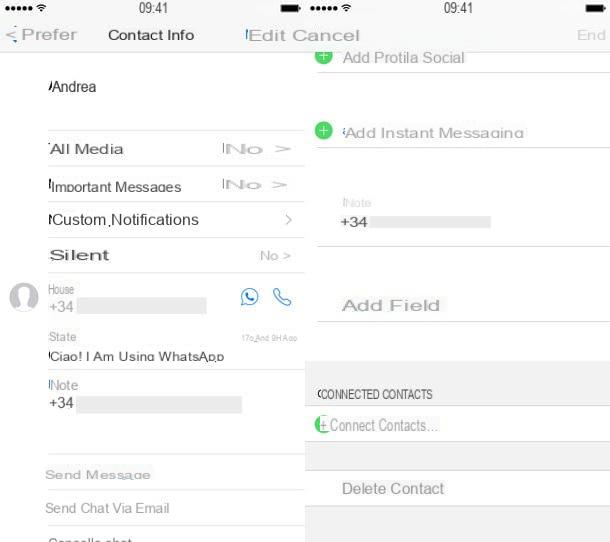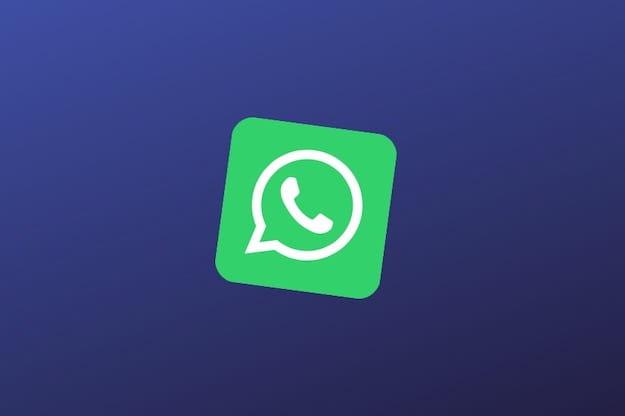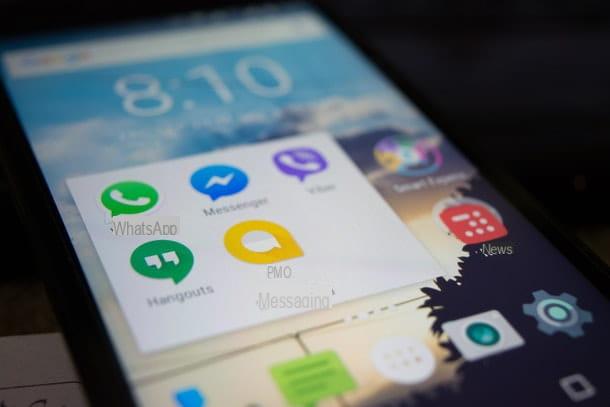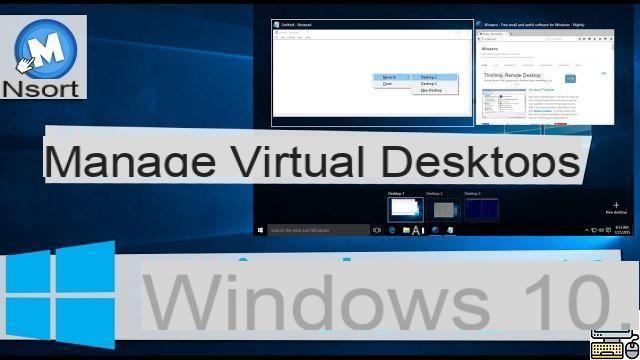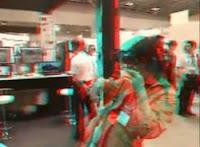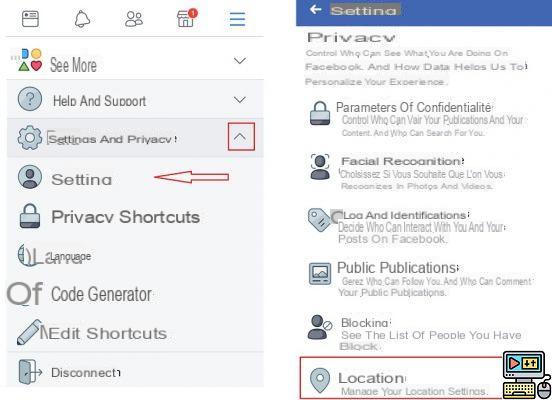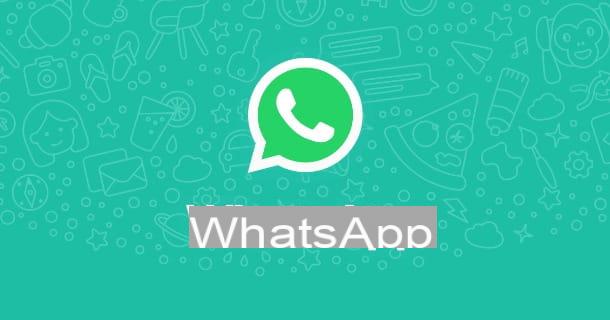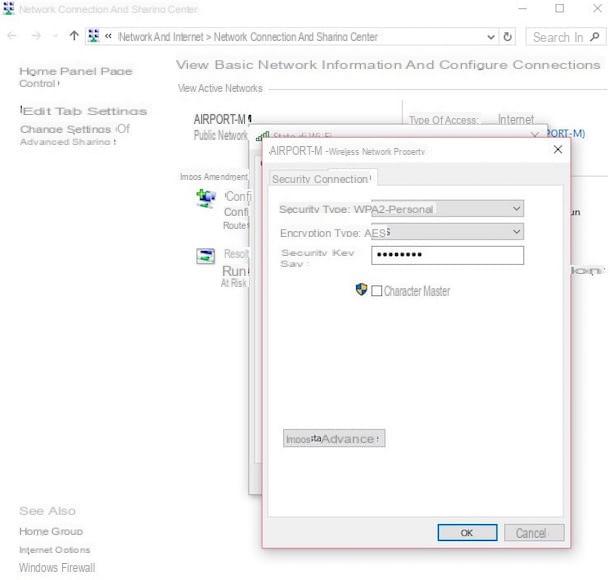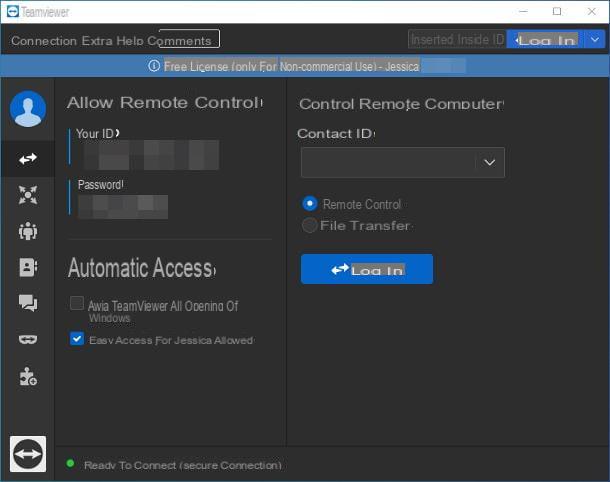The end of support for Windows XP promises to be both a boost for the PC market, a source of danger for users and a commercial opportunity for Microsoft. The transition to the latest OS of the firm is however timid, with many workstations remaining under XP – a choice which requires taking certain precautions.
An irremovable system
Officially launched in October 2001, now twelve and a half years ago, Windows XP can claim to have earned its place in many homes and within many businesses for more than a decade. It occupied in turn the place of the cutting-edge OS - highly anticipated, because it brought the renewal of Windows thanks to its kernel from the NT branch of the operating system - then that of the resistant system, blocking the ascent Windows Vista, before ending on a cohabitation with Windows 7, the market being fairly evenly shared between the two OS.
By announcing the end of support for Windows XP on April 8, 2014, Microsoft naturally chose to favor its interests, by giving its latest product, Windows 8, a chance to find a place for itself. But the arguments raised by the firm could not be more concrete: XP is, in fact, an aging system which it becomes complex to ensure security. Even before the April 8 deadline, it is estimated that more than one percent of XP machines were infected with computer viruses.
However, despite a relatively explicit communication plan about the dangers involved, the market share of the OS has not really melted. While it was 34 to 35% in 2011, it is now 27%. Indeed, Microsoft may have played the card of fear, then that of the wallet, it quickly had to face the facts: its massive transition to Windows 8 did not take place. A problem that the Redmond firm has however been able to transform into a new opportunity to achieve turnover, by “selling” additional delays to the administrations. A good way to compensate for low income from PC sales.
Yes, because even in the first quarter of 2014, just before the fateful date of April 8, the computer market has not broken with its habits of recent years. He suffered a further setback. Admittedly quite mild, with "only" a 4,4% drop compared to Q1 2013 for IDC and 1,7% for Gartner (against 10% between 2012 and 2013), but we cannot help noting that at Apart from Lenovo and HP, which are floating, most manufacturers are having great difficulty in maintaining profitability. We have seen Sony separate from this activity, and Acer experience some disappointments.
Means to temporarily limit the risks
Of course, between the crisis and sometimes very basic needs, it is normal to see that many PCs running Windows XP have been kept. Apart from the parks of administrations and companies – such as banks – which have not been able, known or wanted to organize their migration in time, millions of machines are simply used to check emails or print documents. Machines which, in the absence of updates to remedy critical flaws, risk however being "annexed" by a botnet (become "zombie" computers), or delivering sensitive data.
It is therefore important, for users who do not wish to leave XP immediately, to take certain measures. An antivirus whose publisher has extended support for XP is absolutely essential, even if it in no way plugs the faults in the system. For non-techies, we will think of a solution that is fairly simple to use, such as Avira . We will also gladly do without Java, as well as Explorer, to which we will prefer Chrome, Opera or even Firefox browsers.
But an inevitable change
The choice is not limited to keeping XP or buying a machine running Windows 8. Changing the operating system can also restore a certain level of security. Some computers sold under XP are thus quite capable of running Windows 7 (32 bits), even if it is preferable to have a relatively powerful machine and above all equipped with more than one gigabyte of RAM. In the same way, it is also possible to switch to Linux – a distribution like Ubuntu, preferably in LTS version (for extended support) being quite easy to understand.
For machines with very little power (like the first PCs running XP) or those showing the weight of years, there is, on the other hand, no miracle to be hoped for in the medium term. The tips mentioned above are only patches, and cannot be enough to guarantee safe surfing while the OS will slowly be abandoned by software publishers. Unless you dispense with a computer, you will therefore have to go through the purchase box. For the tightest budgets, there are relatively accessible Windows models, such as the Transformer T100, while the inexpensive Chromebooks remain a viable alternative for use that revolves around the Web.
Asus Transformer Book T100TA Introductory price €349
-
Asus Vivobook Pro 14 OLED (S3400PA)
 Best price: 706.31 €
Best price: 706.31 €
 See the test
See the test
-
Apple MacBook Air 2020 (M1)
 Best price: 1029.99 €
Best price: 1029.99 €
 See the test
See the test
-
Asus VivoBook Pro 14X OLED (N7400PC)
 Best price: 706.31 €
Best price: 706.31 €
 View
View
-
Huawei MateBook D16
 Best price: 829.99 €
Best price: 829.99 €
 See the test
See the test
-
Honor MagicBook Pro (2020) AMD
 Best price: 703.9 €
Best price: 703.9 €
 See the test
See the test
-
Dell Inspiron 16 Plus
 Best price: 1199.99 €
Best price: 1199.99 €
 See the test
See the test
-
HP Loser 16 (Ryzen 7)
 Best price: 799.99 €
Best price: 799.99 €
 View
View
-
Asus Vivobook Pro 14 OLED (S3400PA)
 Best price: 706.31 €
Best price: 706.31 €
 See the test
See the test
-
Apple MacBook Air 2020 (M1)
 Best price: 1029.99 €
Best price: 1029.99 €
 See the test
See the test
-
Asus VivoBook Pro 14X OLED (N7400PC)
 Best price: 706.31 €
Best price: 706.31 €
 View
View
-
Huawei MateBook D16
 Best price: 829.99 €
Best price: 829.99 €
 See the test
See the test
-
Honor MagicBook Pro (2020) AMD
 Best price: 703.9 €
Best price: 703.9 €
 See the test
See the test




